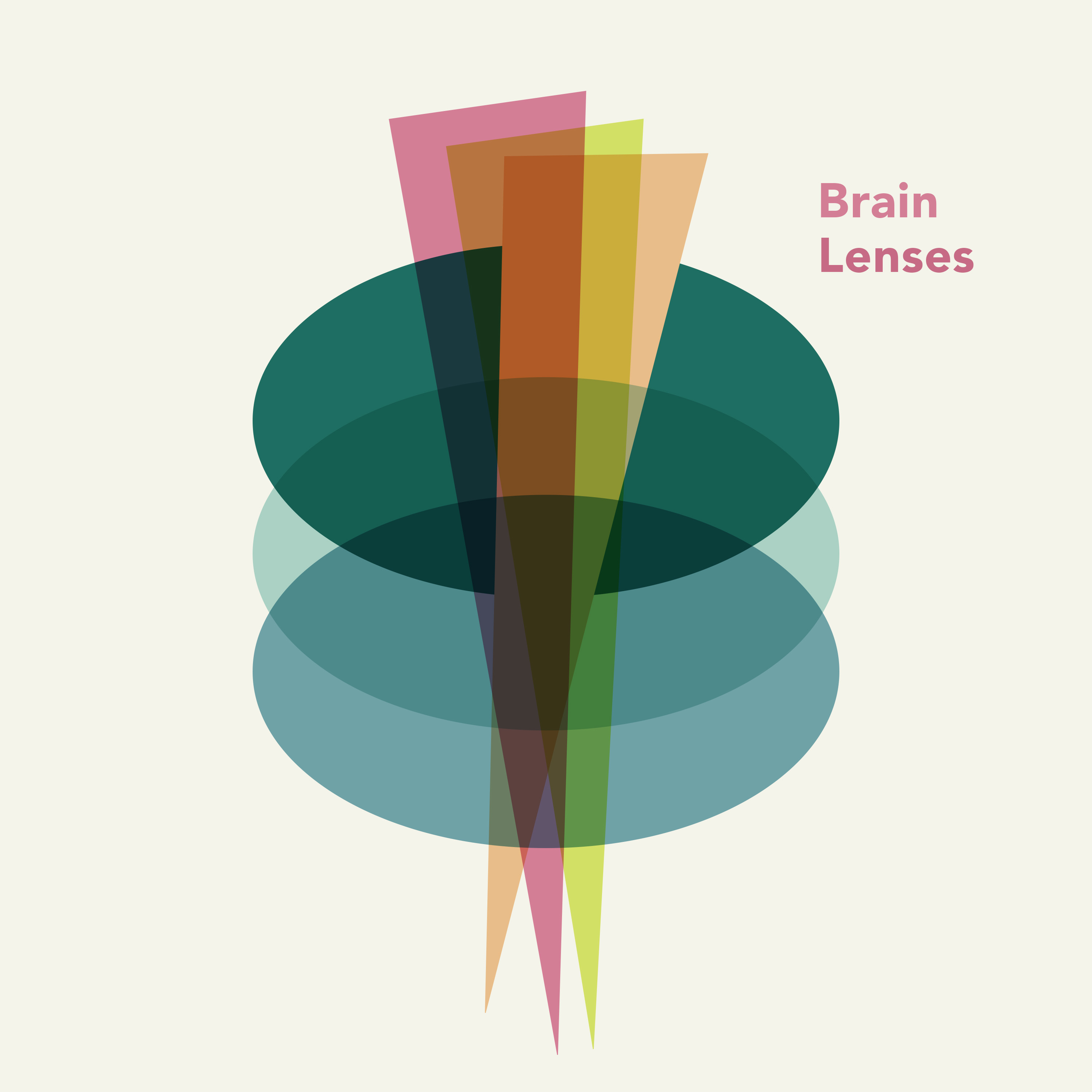Brain Lenses
Mismatch Theory
You're listening to "Brainlenses," a show about how we perceive the world, ourselves, and each other. I'm Colin Wright. In evolutionary biology, mismatch theory, or sometimes evolutionary mismatch, refers to a misalignment of traits and environments that's the result of a previous alignment of the same. For example, a tree that thrives in warm, humid environments, and which evolved that preference because of the typical weather conditions where its ancestors originated, might thrive a lot less and perhaps even go extinct in a world in which the temperatures have dropped substantially on average, and which is now covered in ice most of the year. The typical response to this kind of shift, evolutionarily, is to iterate. The members of this tree species that are heavily reliant on those warmer, humid circumstances dying off while those on the fringes, whether that means they were simply born on the far end of the cold, tolerability spectrum, or because they happened to be blessed with a mutation that allowed them to sustain in a wider range of conditions, survive, procreate, and pass on their genetic information to the next generation. That next generation is then a little more adapted for that chillier, drier environment than the last, which then procreate another generation that is even more primed for the changing climate, and so on. In some cases, though, our environments change faster than we can. A meteor crashing into Earth, for instance, can take the world from one set of norms to another, completely different set of norms, essentially overnight. Similarly, if not quite a suddenly, the movement of a species from one location to another, a forced migration, perhaps, caused by catastrophe or conflict, can result in essentially the same. A mismatch between what the species is optimized for and the environment in which they now find themselves. Some such mismatches are sustained for long periods of time because the evolutionary incentives to weed out members with the wrong, as defined by their new environments, traits are not intense enough to provoke wide-scale turnover. The human brain, for instance, is riddled with holdovers from previous eras that continue to influence how we behave, think, prioritize, and so on. But because we've built a globe-spanning civilization that allows more of us to survive, despite many of us not being biologically primed for survival in the traditional non-civilizational sense, those biological evolutionary forces don't act upon us in the same way, which is great in the sense that we have fewer people dying because they're not genetically optimized for unaided flourishing. The whims of nature and circumstance are less potent in world of modern medicine and laws that keep the physically strong from ruling over the physically weak. This is less ideal, though, in that our brains continue to function as if the concerns of a much more brutal past shape our everyday existence, even when that could not be further from the truth. Such mismatches are sometimes called maladaptations within this realm of study, because some of these holdover traits which evolved to help us survive and thrive in a world that no longer exists can actively harm us, because they don't line up with the circumstances within which we live. Someone who is driven to consume as much as possible and to hoard resources, for instance, might be more likely to survive a famine or economic downswing, but in a world of relative plenty, and in which cardiovascular conditions, which are often caused or amplified by, too much consumption of the wrong things, are the prime killer of otherwise safe and healthy adults, such a drive can be maladaptive rather than beneficial. The way our bodies handle fat and insulin leading to a variety of health issues if we're not careful might also be considered maladaptive, because this setup made a lot more sense back when food was less plentiful. We are more likely to suffer from physical and psychological maladaptive traits during periods of transition than during more stable eras. Such periods can be triggered by asteroids, but also by technological developments. The introduction of the internet, social media, and the smartphone, for instance, have dramatically changed the work we do, our social lives, the way we earn money, and meet people, and learn things all essentially overnight, for example. And it's been posited that many of the ills that plague us today are the consequence of previously beneficial preferences, priorities, and behaviors that have become maladaptive, because of all those sudden changes. This is not a clean-cut monocause of all life's ills, and while there's a chance that it plays a role in the seemingly sudden prevalence of issues like anxiety, gambling and drug addictions, allergies, and diabetes, it's arguably most useful as a way of thinking about these sorts of changes and how clung to traditions, hold over biological peculiarities, and static unchanging approaches to life, can in some cases serve us, but in others, nothing changing except the world around us. They can be the source of all sorts of harm. You can find out more about brain lenses, including how to support this show and in return, receive an additional episode of the show each week at brainlenses.com. You can also support this and all of my projects at understandery.com. I'm Colin Wright, and I'll talk to you again next week. [ Silence ]
